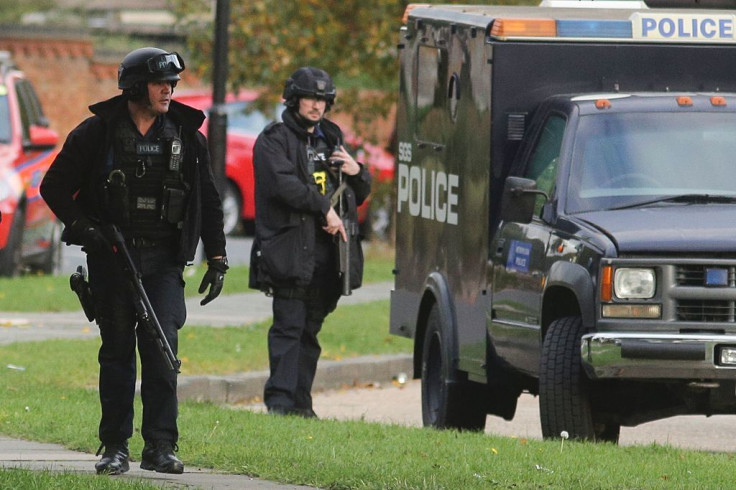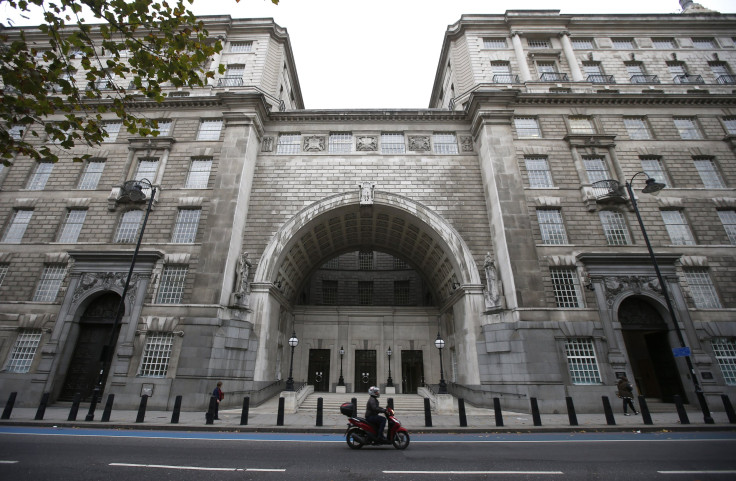UK Spy Chief: Terror Attacks Will Happen In The UK, Russian Cyber Warfare Is A Growing Threat To Europe

The U.K.'s chief of intelligence stated Tuesday that a terrorist attack is inevitable and that Russian aggression poses a serious threat to his country's national security. He said the U.K. had uncovered and prevented 12 terror plots in the past three years and that attacks were at the highest rate he had seen in his 33-year service with the British Security Service.
Andrew Parker, director general of the service also known as MI5, made the remarks during a historic interview with The Guardian. It was the first time a newspaper was able to interview an incumbent chief of the 107-year-old intelligence bureau, whose heads' identities were not even made public until 1993. Parker evaluated the risks that the U.K. faces both at home and abroad and came up with three primary areas of concern.
The first was Islamic extremism and terrorist attacks inspired by it. He praised the bureau as being crucial to building up a "good" defense for the country, but claimed this still fell short of being able to entirely protect against terrorism.
"My expectation is that we will find and stop most attempts at terrorism in this country," Parker told the Guardian. "There will be terrorist attacks in this country. The threat level is severe and that means likely."

Parker also discussed militant activity in Northern Ireland from "dissident republicans of all sort." While the rate of bombings staged by pro-independence republicans and pro-U.K. loyalists drastically declined after the 1998 Good Friday Agreement when most major paramilitary groups put down their weapons, the threat level concerning the conflict remains "severe" in Northern Ireland and "substantial" in England as a result of recent militant activity and the fear of renewed unrest stemming from the so-called Brexit, or the recent U.K.'s decision to leave the European Union, he said.
The third and final threat mentioned by Parker was Russi. He listed propaganda, espionage, subversion and cyber warfare as ways through which he believes Russia has expanded its sphere of influence by force and in opposition to the West. U.K. Chancellor Phillip Hammond announced Tuesday a $2.3 billion boost in the country's cyber security defenses, coinciding with Parker's warnings about Russia.
The Kremlin responded by dismissing Parker's claims, citing lack of evidence that Russia was targeting the U.K.
"Those words do not correspond to reality," Kremlin spokesperson Dmitry Peskov said during a conference call with reporters. "Until someone produces proof, we will consider those statements unfounded and groundless."
© Copyright IBTimes 2024. All rights reserved.






















